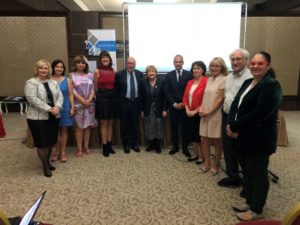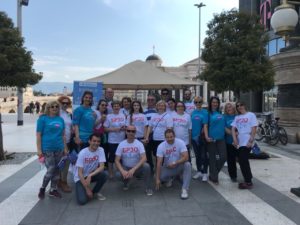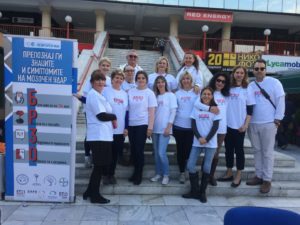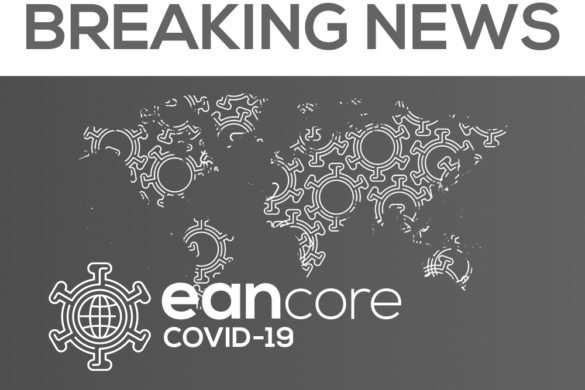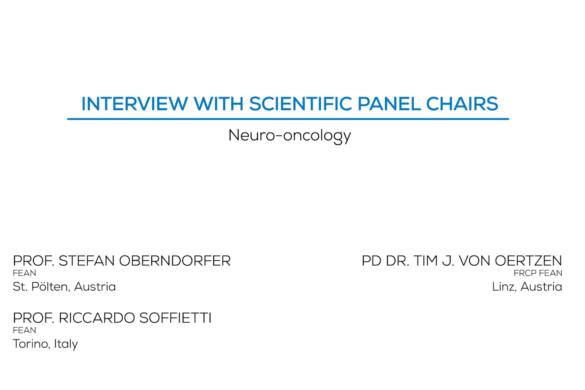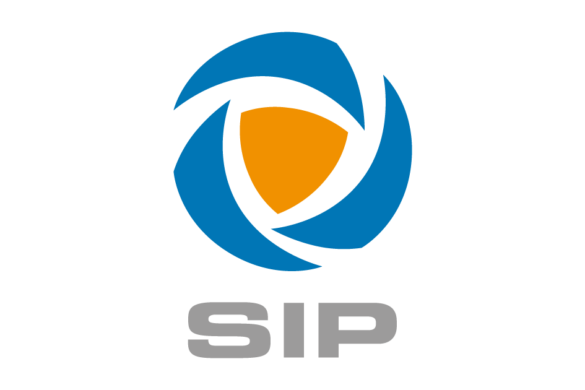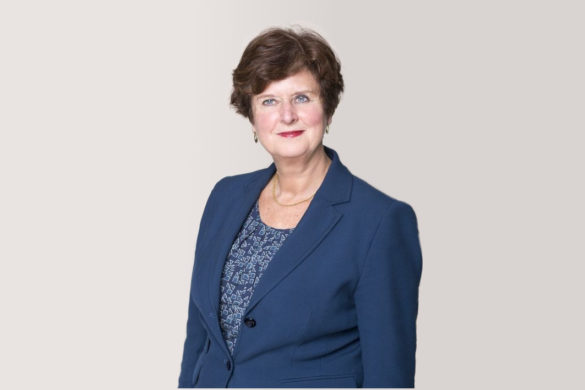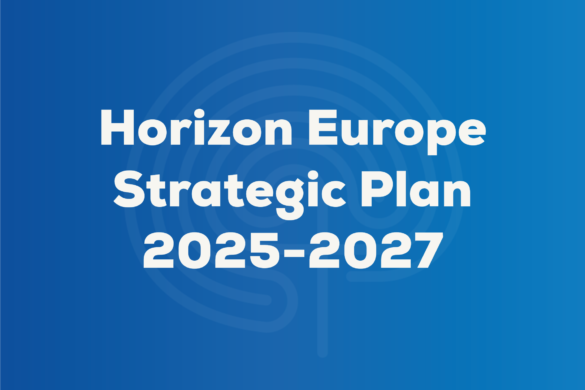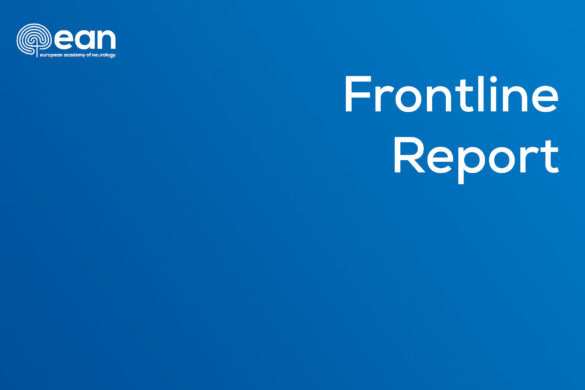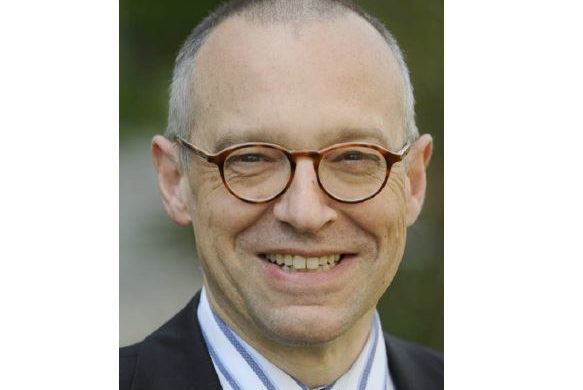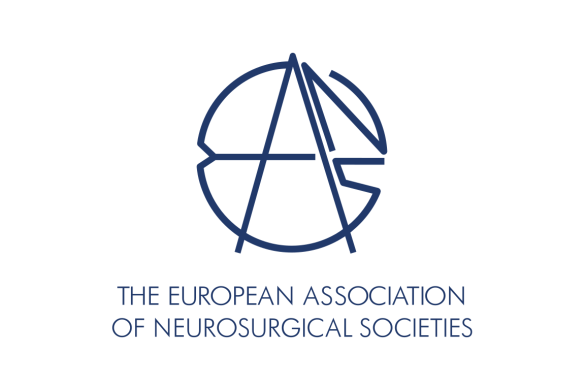The Republic of North Macedonia is a country in the Balkan Peninsula in Southeast Europe. Our neighboring countries include Serbia and Kosovo to the north, Bulgaria to the east, Greece to the south, and Albania to the west. North Macedonia is a parliamentary republic with 2 million inhabitants. The capital and the largest city is Skopje.
Our main tourist attraction is Ohrid, referred to as a “Jerusalem of the Balkans” where people can visit 365 churches with preserved Byzantine fresco paintings, from the period between the 11th and 16th centuries, picturesque houses, and a lot of monuments.
Lake Ohrid is one of the Europe‘s deepest and oldest lakes, with a unique aquatic ecosystem of worldwide importance with more than 200 endemic species, such as the Ohrid trout. Ohrid is also famous for its pearls, that are hand-made from the inner part of the shell, and then covered with emulsion which is derived from the shell of the Ohrid fish. Both Ohrid and Lake Ohrid were accepted as Cultural and Natural World Heritage Sites by UNESCO.
In North Macedonia, the higher levels of education can be obtained at one of the five public universities. The Ss. Cyril and Methodius University in Skopje is the first public university that encompasses 23 faculties and 5 research institutes, with several public scientific institutions as associate members. The Medical Faculty at the University Ss. Cyril and Methodius was founded in 1947. Neurology is taught during the 3 years studies for nurses, physiotherapysts, speech and language therapists in their II year at the Medical Faculty. Medical students learn Neurology during their VIIth semester, and students of the Dental Faculty learn Neurology at the Vth semester. Medical studies last six years and afterwards young physicians may continue with a different residency program.
The residency program in Neurology lasts 50 months, and is mainly carried out at the University Clinic of Neurology in Skopje. Residents have the possibility to learn about cerebrovascular diseases, and other emergencies in neurology, multiple sclerosis, demyelinating and autoimmune diseases, neuromuscular diseases, headache and pain syndromes, movement disorders, epilepsy, developmental neurology, neurophysiology, biochemistry, and diagnostic methods and techniques used in neurology. Residents also have rounds in Internal Medicine, Dermatology, Psychiatry, Physical Therapy and Rehabilitation, Neurosurgery, Infectious diseases, Anesthesiology, ENT and Ophtalmology. Residents acquire skills to diagnose and treat in- and outpatients. They pass an exam after each round, and at the end of the residency program they pass the pre-final exam, the final exam, practical and oral examination before becoming neurologists. Neurology residents/specialists may enroll post-doctoral studies if they have MrSci, or after the second year of residency, and pursue a PhD degree in PhD in Clinical Medicine after completing the 3 years study period.
The Macedonian Neurology Society is a part of Macedonian Physician’s Society, and was established in 1995 by Prof. Ante Popovski, Neuropsychiatrist. The current President is Prof. Anita Arsovska (University Clinic of Neurology, University Ss Cyril and Methodius, Skopje). The society counts more that 150 members between neurologists and neurology residents.
Together with the University Clinic of Neurology, the Society has organized 6 congresses with international participation, and 2 regional teaching courses (under the patronage of EFNS and EAN, respectively). Together with the Macedonian Organization for fighting against stroke and the Society for nurses in Neurology, the Macedonian Neurology Society regularly carries out public activities that aim to increase the awareness of stroke risk factors and stroke symptoms. The Macedonian Neurology Society is also involved in the ESO-EAST
program for improving stroke care in Eastern countries, ’’Enhancing and Accelerating Stroke Treatment (ESO-EAST)”. The ESO-EAST Program is built on three pillars: networking, quality improvement (Registry of Stroke Care Quality –RES-Q data base), and stroke care policy. So far, five centers are collecting stroke data through the RES-Q registry that will help to measure the quality of stroke healthcare system, and take steps to improve the performance of health professionals. The Macedonian Neurology Society also supports the Angels Initiative’s mission, that is to increase the number of patients treated in stroke centers and to optimize the quality of treatment. The Macedonian Neurology Society also emphasizes the great importance of continuous education through organization of several yearly scientific meetings and collaboration with other professional societies (European Academy of Neurology- EAN, European Stroke Organization- ESO, World Federation of Neurology –WFN etc.), and patients’ organizations (Stroke Alliance for Europe-SAFE).
By Prof. Anita Arsovska, MD, PhD, FESO, SAFE Board Member
University Clinic of Neurology, Medical Faculty, University Ss Cyril and Methodius, Skopje, Republic of North Macedonia

